- Clinical Care
- Education
- Centers
- Research

Monika Safford, M.D., Director of Research
Under the leadership of Monika Safford, M.D., our Division's research program is driven by a mission to reduce health disparities and improve outcomes for individuals living with chronic conditions. Our work spans clinical epidemiology, health services research and community-based interventions, with a strong emphasis on vulnerable populations both in the U.S. and globally.
GIM research faculty seek to reduce care fragmentation, improve patient-physician communication, and close healthcare gaps. Our research also targets evidence-based clinical interventions, climate-related health threats, and community-based research to drive policy change and allocate more resources to high-need population.
We aim to impact healthcare policy by enhancing home care for older patients, developing clinical strategies, and addressing social determinants of health. We focus on health equity and behavioral health, especially for those affected by food insecurity and poor social conditions. Our research also combats misinformation, improves doctor-patient communication, and emphasizes culturally relevant health interventions in Latino communities. These research areas reflect a strong commitment to reducing racial and ethnic disparities, improving patient education, and enhancing healthcare delivery for chronic conditions.
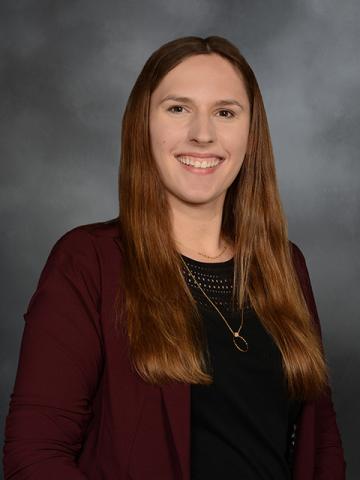
Dr. Jennifer Bayly is a primary care physician and health services researcher focusing on how the social and built environments contribute to chronic health disparities in the Division of General Internal Medicine at Weill Cornell Medicine. Her work aims to design and test interventions that leverage parks and green spaces to improve cardiovascular health outcomes. She's conducting a pilot-funded qualitative study examining perceptions, barriers and facilitators to park use among adults aged over 50 with type 2 diabetes and hypertension. She's collaborating with REGARDS investigators on neighborhood factor analysis of social and built environment determinants of mortality and CVD outcomes. She's also developing a Career Development Award focused on developing park-based interventions to improve cardiovascular outcomes.
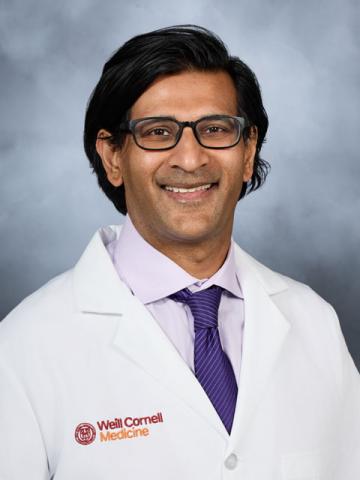
Dr. Arnab Ghosh is an internist, emergency physician, and environmental epidemiologist and health services researcher whose research focuses at the nexus of climate change, health and health equity. He aims to build novel identification strategies for individuals at risk of morbidity and mortality from climate amplified threats, findings that, by design can be incorporated into existing policy-focused algorithms. He leads multi-disciplinary collaborators from Cornell University, Northwestern University and University of Oklahoma to focus on building the evidence basis of nature-based solutions and their impact on health in urban environments. Additionally, he collaborates with colleagues on mechanistic work linking heat exposure to objective and subjective sleep metrics and their link with cardiovascular physiology to better understand thresholds for the development of cardiac events, where he co-leads the cross-campus Cornell Initiative for Aging and Extreme heat.
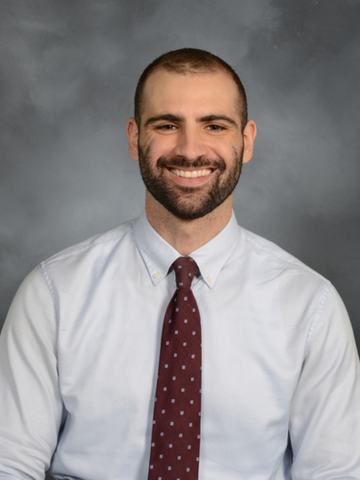
Dr. Christopher Gonzalez is a primary care physician and health services researcher focusing on improving cardiometabolic outcomes in historically underserved populations through the development and implementation of evidence-based interventions in real-world settings. He also examines how social networks, cultural context, and healthcare delivery systems influence engagement in preventive behaviors, particularly in relation to obesity and diabetes prevention. His work involves National Hispanic Community Health Study/Study of Latinos (SOL Study), Duke Network Analysis Center, NIDDK-funded Chicago and New York Regional Centers for Diabetes Translation Research, AllianceChicago (national network of federally qualified health centers. Through these collaborations, he has identified culturally and gender-specific ways in which social network influences relate to weight behaviors in Hispanic populations. This work has informed adaptation and FQHC-implementation of the National Diabetes Prevention Program, which he is currently piloting and evaluating.
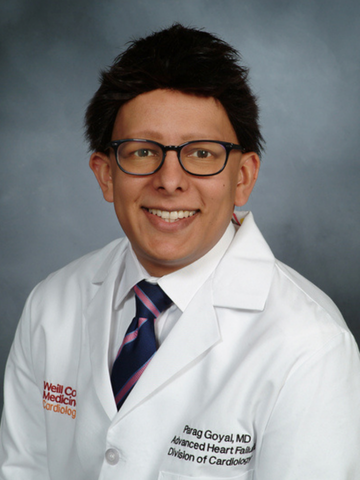
Dr. Parag Goyal is a heart failure cardiologist with formal training in epidemiology, health services research and implementation science. Dr. Goyal founded the first clinic devoted to heart failure with preserved ejection fraction (HFpEF) in New York State. His research broadly focuses on cardiovascular aging and age-related cardiovascular conditions; observational and intervention research. His ongoing work and collaborations involve observational studies, stakeholder-engaged intervention development and clinical trials. He has more than 250 peer-reviewed manuscripts, supported by NIA, American Heart Association and other foundations.
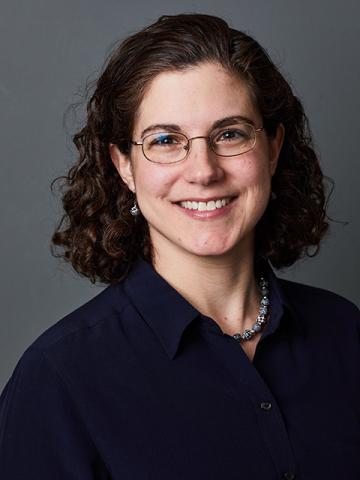
Dr. Lisa Kern is a national expert in the study of “fragmentation of care,” which occurs when patients receive care from many different outpatient providers, who may or may not communicate with each other. Her research has advanced the understanding of the causes and consequences of fragmentation of care, methods for measuring fragmented care, and strategies for addressing it. She leads research on fragmentation of care, with collaborators at Harvard University, Brown University, Columbia University, University of Michigan and University of Alabama at Birmingham. She is a co-investigator on several grants, including one based at Yale, contributing expertise in healthcare delivery, health system-based interventions and policy evaluation. She also mentors trainees and junior faculty at Weill Cornell and at outside institutions, such as Johns Hopkins University, Emory University and the Geisinger Health System. She teaches medical students and master’s students research methods and, separately, healthcare organization and delivery at Weill Cornell Medicine, the Weill Cornell Graduate School of Biomedical Sciences and Cornell Tech.
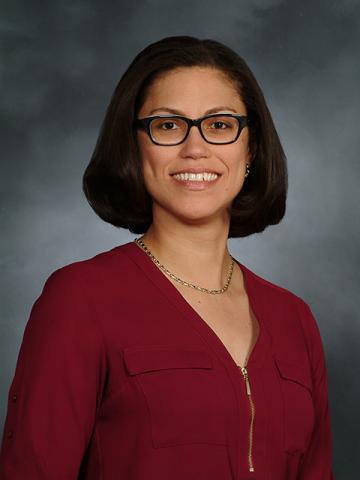
Dr. Iris Navarro-Millán is a board-certified rheumatologist, a health services researcher and an implementation scientist. Her work involves peer coaching interventions in rheumatology: “To empower people with rheumatic diseases, live and age with dignity”. She collaborates with Federación Puertorriqueña de Enfermedades Reumáticas (FER), Ponce Health Science University (PHSU) and their Community-Based Participatory Research Core in Puerto Rico; Hospital for Special Surgery, University of Pittsburgh, University of Alabama at Birmingham and Global Healthy Living Foundation. She has an ongoing large trial of the "Moving Well" intervention, that's been funded by BMS Foundation.

Dr. Erica Phillips is a primary care physician, board-certified obesity medicine specialist and a health services researcher. Her research program focuses on leveraging social networks and community-engaged research methodologies to develop behavioral health interventions targeting obesity and obesity-associated chronic health conditions in real-world settings. She's expanding her skills in adaptive trial designs that integrate wearable devices, metabolomics and biomarkers into the next phase of her work. She collaborates with investigators across the 11 research centers that comprise the Health Excellence Action Network (HEAN), a NIMHD-funded national consortium; Investigators across the five research centers that comprise the NCI Persistent Poverty Initiatives; Multiple investigators at CUIMC – Ian Kronish, Nour Makareem, Parisa Tehranifar, Mary Beth Terry, Phoenix Matthews; Multiple investigators at SUNY Brooklyn – Marcus Lambert, Carla Boutin-Foster, Marlene Camacho Rivera
USC – Kayla de la Haye; New York City Department of Education, Math for Americ and FoxEd Consultin. She also mentors early-stage investigators and is working on 3 ongoing R01-level trials.
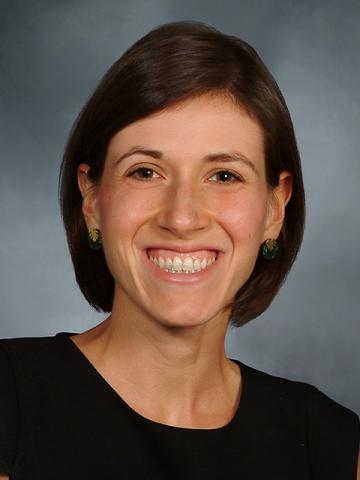
Dr. Laura Pinheiro is a health services researcher who focuses on optimizing cancer care delivery to improve health outcomes and reduce health inequities. Her work spans the cancer care continuum from improving access to cancer-related screening, co-morbidity management during active cancer treatment and supportive care needs of advanced cancer patients. She recently completed K08 (NCI) where she developed, pilot tested a diabetes management intervention for patients with breast cancer. She also has an R01 that's under development. She collaborates with Dr. Shoshana Rosenberg in the Department of Population Health Sciences. She leads several studies to improve cancer cancer delivery and outcomes for adults with advanced cancer. Dr. Pinheiro also serves as the WCM Research and Methods Core Lead for an NCI-funded U54 center to improve cancer outcomes in persistent poverty areas.

Dr. Ro-Jay Reid is a hospitalist and a health services researcher. His work focuses on the intersection of social risk factors and healthy aging, exploring how elements such as social cohesion, economic stability, pain and neighborhood characteristics shape aging trajectories among older adults. He's leading a quantitative study of 130 New York City adults building on pilot qualitative findings. He's collaborating with REGARDS investigators to identify social and cardiovascular risk profiles linked to chronic pain. He partners with SUNY Downstate faculty and community members to develop a Community-Partnered Research Training curriculum.
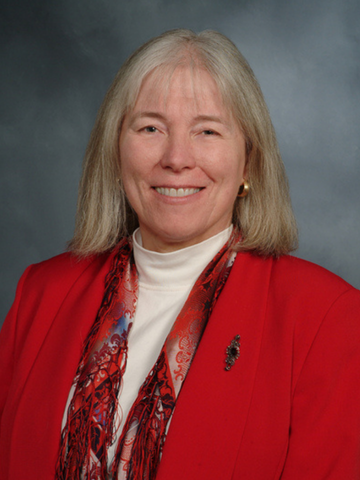
Dr. Monika Safford is a health equity researcher and a health services researcher. Her work focuses in cardiovascular epidemiology, social determinants of health and implementation trials in socially marginalized populations of peer coaching interventions. She has 6 investigator-initiated community partnered RCTs and she mentors students, trainees and junior faculty. Dr. Safford's current work involves CVD epidemiology in the REasons for Geographic And Racial Differences in Stroke (REGARDS) cohort, leading the largest ancillary study focused on heart disease. She does scientific training and and mentoring and collaborates with University of Alabama at Birmingham, Duke University and Yale University.
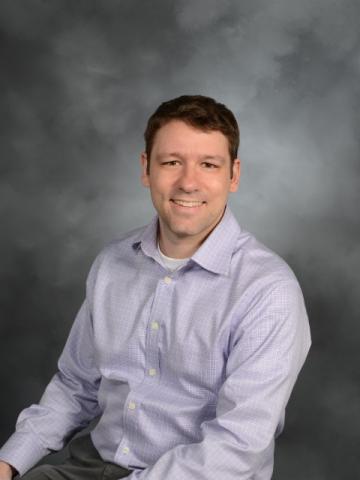
Dr. David Scales is a physician, social scientist and a health services researcher. His work focuses on how to combat misinformation related to health. His additional areas of interest include improving doctor and patient communication, placebo effect in POCUS and contested illnesses. His pilot study with New York City Department of Health & Mental Hygiene leverages CHWs to screen for "informational environments". Another pilot study that he conducted involves anti-malaria vaccine rumors in Cameroon. He also co-directs Qualitative Research Unit in the Division.
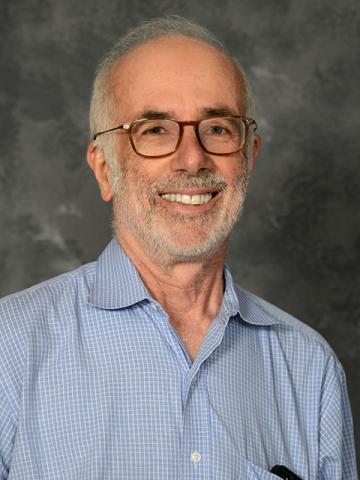
Dr. Martin Shapiro is a general internist and a health services researcher. His research focuses on access to care and health disparities. Dr. Shapiro's work has been about the care for HIV to examine the impact of insurance type and co-payments on access to timely care and contribution of specific diseases to disparities in life expectancies. He currently examines disparities in treatment for Hepatitis C and is an associate director of HRSA T32 training grant and health equity research fellow in the Division.
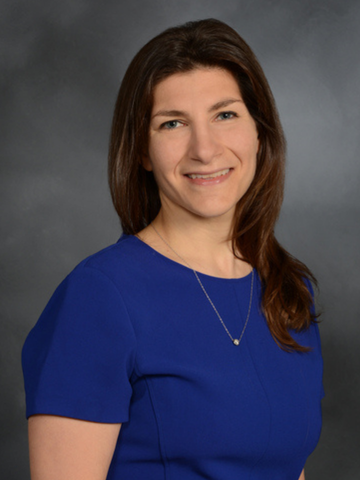
Dr. Madeline Sterling is a primary care physician and a health services researcher. She focuses on improving health and healthcare delivery for adults with cardiovascular disease so that they can remain at home and age in place, leveraging the home care workforce. Her long-term goal is to integrate the care that happens at home into primary care and the health care system. She's working on an observational and clinical and implementation trials in home health and primary care. She partners with the largest home care agencies and healthcare unions in the nation, along with the scientists from a variety of institutions and across Cornell’s 3 campuses (Weill Cornell Medicine, Cornell University and Cornell Tech). She has more than 130 peer-reviewed manuscripts and did the first trial in US to test the effectiveness and implementation of a home health and ambulatory care intervention to reduce readmissions in heart failure.
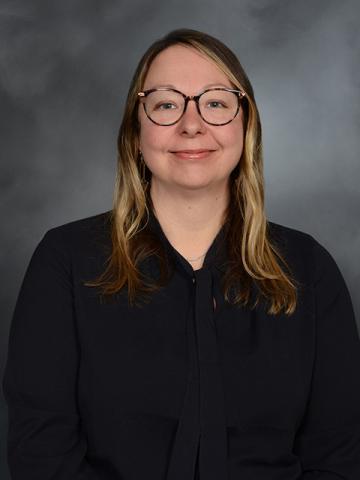
Dr. Sarah Young is a social work researcher, health services researcher and qualitative research methods expert. Her research focuses on the intersection of chronic health conditions, particularly those with associated chronic pain and social determinants of health. She co-directs Qualitative Research Unit in the Division and brings 15 years of practice experience. Additionally, she is a co-director of the Research in Rheumatology (“Research Rheum”) Lab with Dr. Iris Navarro-Millán. Currently, she is a co-investigator of "Healthier", a clinical trial examining the impact of utilizing peer coaches to improve physical activity and mental health of patients with rheumatoid arthritis (RA). She's also a co-investigator and Methodologist for international study of the impact of Kono-S anastomosis surgery on Crohn’s Disease outcomes and post-surgery recurrence. Dr. Young is an associate member of the Center for the Aging Heart (Goyal Lab), including 5 ongoing studies.

Dr. Molly (Margaret) McNairy is health service researchers. Her research focus is on improving the delivery of HIV care in resource-poor settings around the globe. Her work aims to reduce HIV-related mortality and decrease HIV transmission among vulnerable populations. Dr. McNairy has worked in multiple countries in sub-Saharan Africa, where she has collaborated with various national governments to provide and expand HIV care and treatment to vulnerable populations.